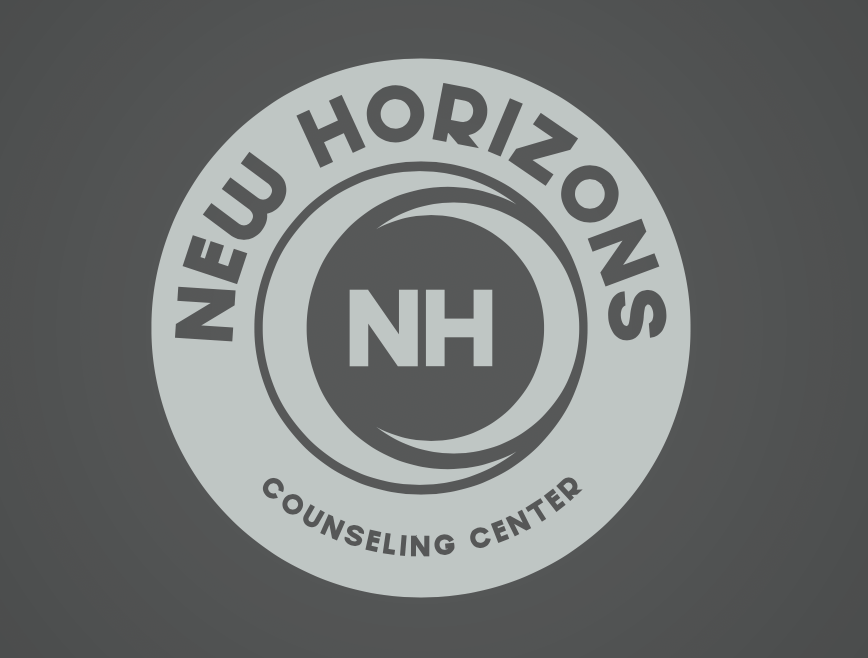Getting You Through

Writing can be a powerful tool for processing emotions, gaining perspective, and ultimately facilitating emotional healing. How writing promotes healing Emotional Expression and Release: Writing provides a safe and private space to express difficult and painful emotions without judgment, allowing for release and reducing their intensity. Self-Reflection and Insight: The act of writing encourages introspection and helps you examine your experiences from different perspectives, leading to a deeper understanding of cause and effect and a better sense of self. Cognitive Processing and Narrative Creation: Putting your feelings and thoughts into words helps organize and structure traumatic memories and experiences into a more coherent narrative, making them easier to process and potentially reducing their disruptive impact. Identifying Patterns and Triggers: Regular writing can help you identify recurring thought patterns, emotional triggers, and unhealthy coping mechanisms related to your pain, enabling you to develop strategies to manage them. Gaining Control and Empowerment: By expressing your experiences and feelings through writing, you regain a sense of agency and control over your narrative, shifting from a feeling of being a victim to being a narrator with the power to observe and make meaning. Tracking Progress and Growth: A journal or writing practice serves as a record of your journey, allowing you to track your emotional shifts, recognize patterns, and witness your own resilience and growth over time. Different approaches to writing for healing Journaling/Expressive Writing: This involves writing freely and without inhibition about your deepest thoughts and feelings related to your pain or trauma. It's about honesty and self-exploration, not grammar or perfect prose. Narrative Writing: This focuses on crafting a structured story about your experiences, allowing you to process events and emotions in a more organized way and potentially gaining a sense of closure. Letter Writing: Writing letters to people, even if you never intend to send them, can be therapeutic for expressing pent-up emotions, practicing forgiveness, or setting boundaries. Poetry and Other Creative Writing: Creative forms can provide an outlet for exploring emotions and experiences in a less structured, symbolic, and evocative way.

Individual counseling is a collaborative process between a client and a therapist aimed at improving mental health and well-being. It provides a safe, confidential space to explore thoughts, feelings, and behaviors, develop coping strategies, and work towards personal growth. Individual counseling can address a wide range of concerns, including anxiety, depression, trauma, relationship issues, and life transitions. Individual Counseling Here's a more detailed look at individual counseling: What it is: Collaborative: Individual counseling involves a partnership between the client and therapist, working together to achieve the client's goals. Safe and Confidential: Therapists provide a secure environment where clients can freely express themselves without judgment. Goal-oriented: Therapy sessions are often focused on specific goals that the client and therapist establish together. Can be short-term or long-term: Depending on the client's needs, individual counseling can be brief, focusing on a specific issue, or longer-term for addressing complex challenges or ongoing personal growth.
Let's Talk
The first step in therapy is talking. Let's find a time where we can meet and talk about what's on your mind.





